Why does not formic acid form an anhydride upon heating?
Video Solution
Text Solution
Upon heating, formic acid loses a molecule of H2O and gets dehydrated to give CO. Therefore, it does not form anhydride upon heating.
HCOOHHeat−−→H2O+CO
|
Topper's Solved these Questions
- CARBOXYLIC ACIDS BOOK - DINESH PUBLICATIONCHAPTER - CARBOXYLIC ACIDS EXERCISE - QUESTIONS FROM BOARD EXAMINATIONS
67 Videos
- CARBOXYLIC ACIDS BOOK - DINESH PUBLICATIONCHAPTER - CARBOXYLIC ACIDS EXERCISE - HIGHER ORDER THINKING SKILLS (HOTS) QUESTIONS
7 Videos
- CARBOXYLIC ACIDS BOOK - DINESH PUBLICATIONCHAPTER - CARBOXYLIC ACIDS EXERCISE - LONG ANSWER TYPE QUESTIONS
4 Videos
- BIOMOLECULESBOOK - DINESH PUBLICATIONCHAPTER - BIOMOLECULESEXERCISE - MATRIX - MATCH TYPE
8 Videos
- CHEMICAL BONDING AND MOLECULAR STRUCTUREBOOK - DINESH PUBLICATIONCHAPTER - CHEMICAL BONDING AND MOLECULAR STRUCTUREEXERCISE - Unit Test - 1
20 Videos
Similar Questions
Knowledge Check
Which of the following can form an anhydride on heating ?
A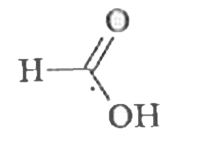 B
B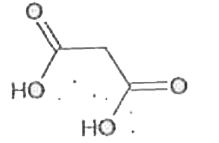 C
C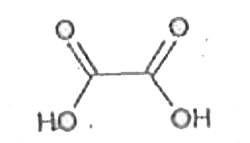 D
D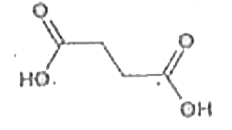
Which of the following acid will form an (a) Anhydride on heating and
(b) Acid amide on strong heating with ammonia?A B
B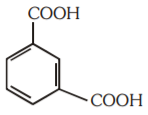 C
C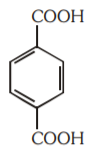 D
D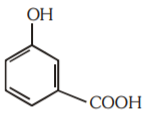
Assertion : Malonic acid (HOOC—CH2—COOH) does not form cyclic anhydride on heating.
Reason : It is like βketo acid, on heating it prefer to decarboxylate.Aif both assertion and reson are true, and reason is the true explanation of the assertion.BIf both assertion and reason are true, but reason is not the true explanation of the assertion.Cif assertion is true, but reason is false.DIf both assertion and reason are false.
Assertion : Malonic acid (HOOC—CH2—COOH) does not form cyclic anhydride on heating.
Reason : It is like βketo acid, on heating it prefer to decarboxylate.
View SolutionWhich of the following acid will form an (a) Anhydride on heating and
(b) Acid amide on strong heating with ammonia?
View SolutionWhich element does not form hydride upon heating with hydrogen?
View SolutionWhich of the following can form cyclic anhydride only on heating?
View SolutionFormic acid can reduce
View Solution
